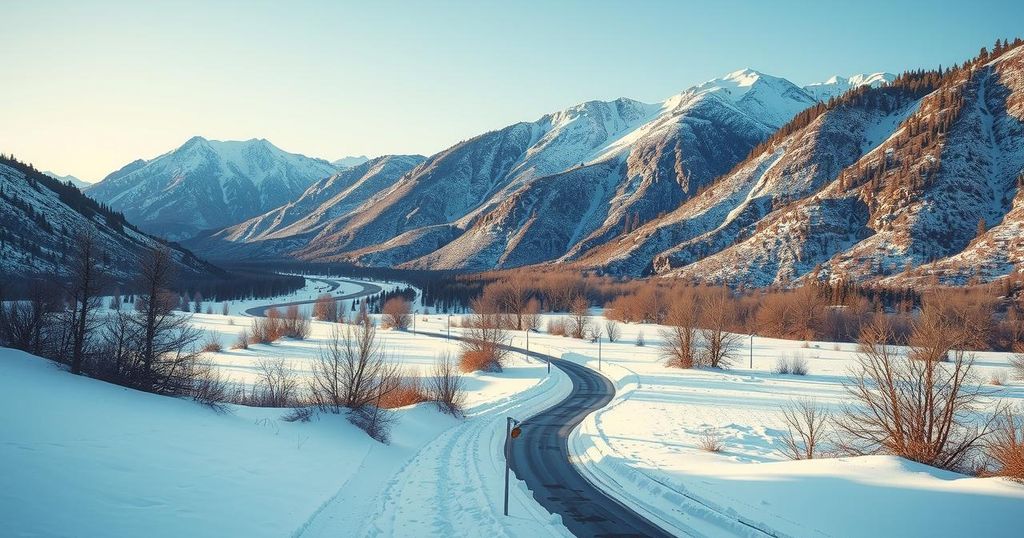Climate Change Shortens Winter Days Across the Mountain West

This article discusses the reduction of winter days across the Mountain West due to climate change, with regions in the southeast like Arizona and New Mexico experiencing the most drastic changes. Higher elevation areas are affected to a lesser extent. The implications include challenges for ski resorts, ecosystems, and water supply, as warmer winters may disrupt agricultural cycles.
Climate change is significantly impacting the winter season in the Mountain West, shortening winter days by as much as two to ten days this year alone. According to a report by Climate Central, the region has experienced a measurable reduction in below-freezing days. This trend is particularly notable in warmer southwestern states such as Arizona, New Mexico, and Nevada, which are losing an average of ten freezing days annually. Kristina Dahl, the Vice President of Science at Climate Central, explained that even minor increases in temperature can considerably affect whether precipitation occurs as rain or snow.
Higher elevation areas such as Utah, Colorado, Montana, and Wyoming have not experienced as dramatic a loss in winter days, with Wyoming reporting an average decline of only two below-freezing days. Dahl noted, “It’s not like places like Wyoming aren’t warming as well. It’s just that they’re still below that threshold.” Idaho and Colorado have each lost an average of four winter days. These prolonged changes in climate patterns pose serious challenges for local ski resorts and ecosystems, as seasonal adjustments become necessary.
Furthermore, early blooming of flowers due to warmer winter temperatures could disrupt the availability of pollinators, crucial for sustaining crops, as highlighted by Dahl’s concern for ecological balance. The shrinking snowpack also threatens essential water supplies for the region. This analysis is notably supported by the Mountain West News Bureau, which collaborates with several public radio stations in the region.
The Mountain West region is experiencing notable effects from climate change, particularly manifested in the form of a shorter winter season. This change is characterized by a decrease in days with below-freezing temperatures, impacting not only local ecosystems but also significant economic sectors such as winter sports. The research conducted by Climate Central provides critical insights into how variations in climate affect snowfall, water supply, and agricultural cycles across states in the Mountain West.
Climate change continues to alter the landscape of winter in the Mountain West, threatening both natural ecosystems and economic entities reliant on consistent winter conditions. As evidenced by the report from Climate Central, states such as Arizona, New Mexico, and Nevada are notably affected by the loss of colder days, while higher altitudes like Wyoming experience a comparatively lesser impact. Urgent considerations regarding the future of winter tourism, agricultural practices, and water supply management must be addressed as these climatic shifts persist.
Original Source: www.upr.org






